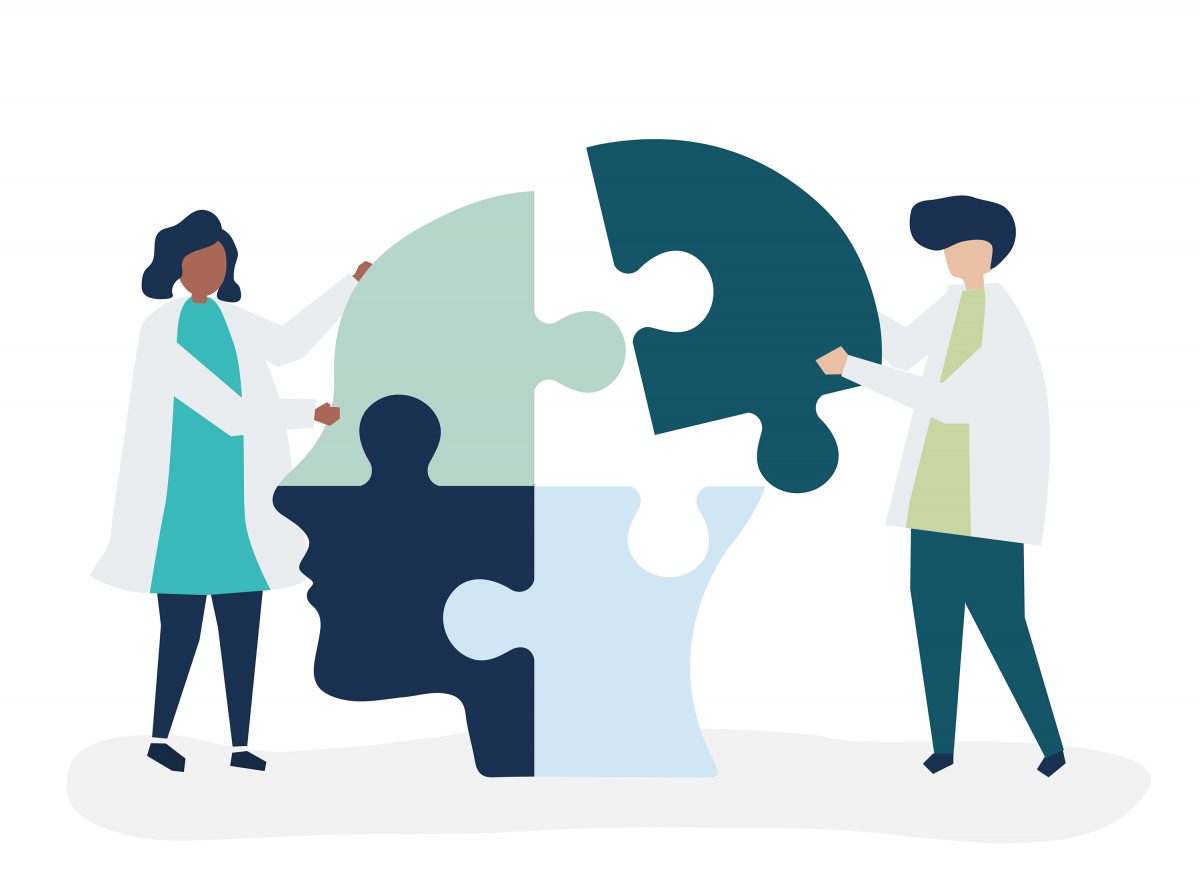 October 10th, 2019 marked World Mental Health Day, which was observed this year with a specific focus on suicide prevention.
October 10th, 2019 marked World Mental Health Day, which was observed this year with a specific focus on suicide prevention.
According to the World Health Organization (WHO), every 40 seconds a person loses their life to suicide.
Guyana has ranked among the countries with the highest suicide rates in the world. According to a Pan American Health Organization report on Adolescent and Youth Health, suicide ranked high among the 15 to 24 year age group. The stats also showed that while there were suicide attempts among young women, actual suicide rates were higher among men.
So why is a small country like Guyana plagued by the ugliness of suicide? Many have attributed it to high rates of depression and poor coping mechanisms but our biggest setback is undoubtedly the stigma attached to mental health. We are a society that equates going to see a psychiatrist with “being crazy” and we believe that our problems can be handled and managed through alcohol or other drug use, and banter.
The truth is we have come a far way in trying to eradicate the stigma associated with mental illness but we have still got ways to go. The Ministry of Public Health, through its Mental Health Unit, has been working with other ministries and NGOs, both local and foreign, to address the alarming suicide rates that have been plaguing our country and because we realise that the only real way to handle this pandemic is through a multi-stakeholder approach.
We have the Herculean task of normalising mental health talks coupled with dealing with the immediate scourge of suicide. Because we know that suicide is a consequence of severe depression, if someone really wants to take their life, they will find any means possible as it is just a little too easy to do so in our society. In Guyana, among the leading culprits for death by suicide are agrochemicals. The fact that these are easily accessible without requiring a person to provide some form of detailed proof of intended use is worrying. That a small child can go into our markets and purchase rat poison is both alarming and terrifying and more regulation needs to be undertaken and fast. Indeed, there have been ad campaigns advising on the safe disposal of chemicals and of the necessity of storing household products like bleach in a secure place but our work is far from done, especially if a bottle of bleach may be easily within reach when people can’t access a more potent substance.
Our work in Guyana is constant and we must continue to work together, taking a multi-sectorial approach in the fight against suicide and “normalising” conversations about mental health. The more willingness there is to talk and share feelings means that we have a good starting point in the fight against suicide.
Every member of society has a duty to be their “brother’s keeper “and the old saying of it taking a village to raise a child rings true. We have to be more vigilant, be better listeners, and talk to each other about what’s affecting us. If someone you know looks sad and down, talk to them about their feelings. You might be the start of preventing them from even thinking about suicide. If you feel the person needs help, encourage them to seek it but stay the course and make sure they follow through. We cannot just sit around waiting for the “authorities” to do something. We all have an important role to play in saving a life from suicide.
Persons who are in immediate need of counselling because they might be contemplating suicide can call a toll-free number at 600-7896 even if they have no credit. Here they will get access to a professional counsellor who can guide them. Other helpline numbers are 223-0001, 223-0009 and 623-4444. The toll-free number 623-4444 and 600-4444 are also active WhatsApp numbers that persons in need of counselling can access.
If you feel like you need to see a professional, visit your local health centre or hospital for further information and guidance or the Mental Health Unit at Quamina and Thomas St.
Alicia Roopnaraine is a Psychologist at the Georgetown Public Hospital Corporation’s Psychiatric Department. You can send questions or comments to her at [email protected]










